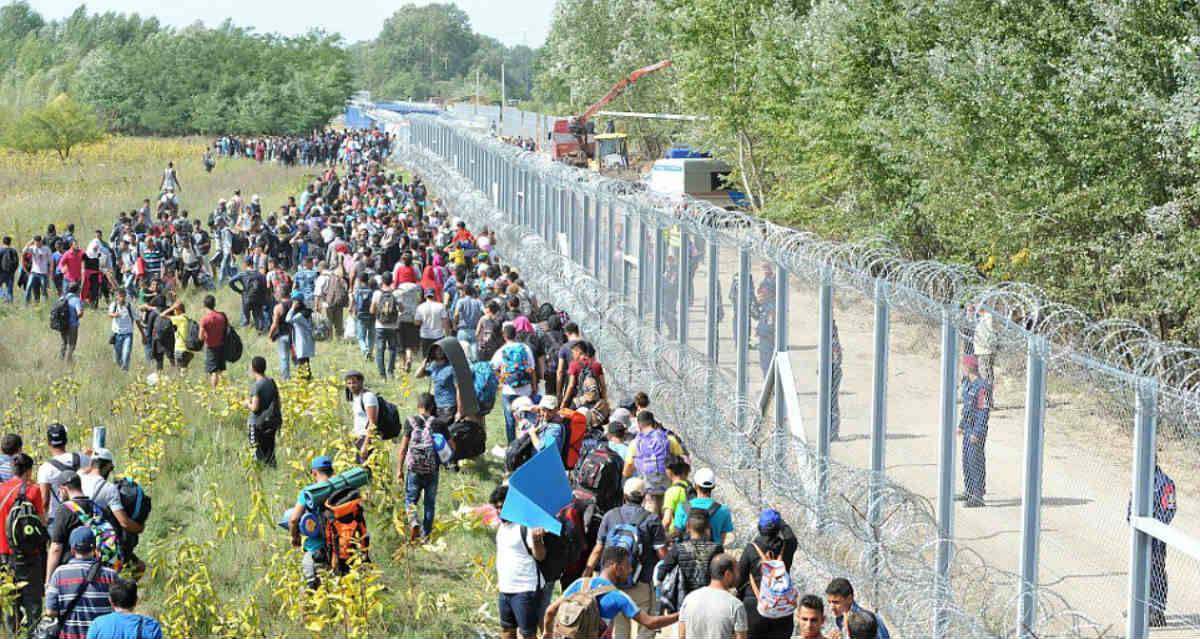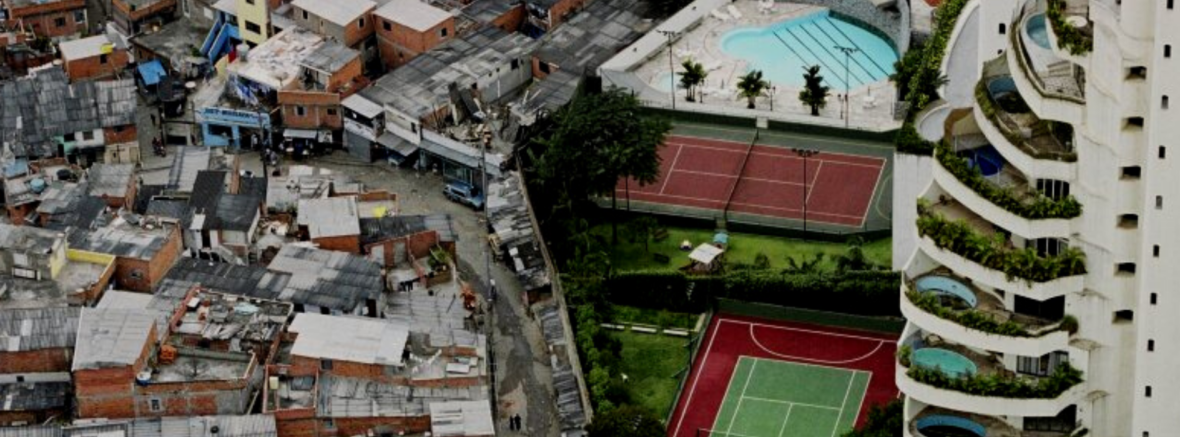While migration crises make the headlines, experts say 70 percent of migrants move to pursue better lives for themselves and their families for economic reasons.
The belief that a better future lies in cities encourages unsustainable migration to cities. Perpetuating this myth has degraded the lives of many migrant families, many of whom have risked their lives and lost family members in search of a better future, one which few if any find in overwhelmed urban ecosystems.
According to figures published by the European Commission, 6 out of 10 immigrants to Europe cross borders for economic reasons.

We believe there is inadequate international attention on the negative effects of unsustainable migration, urban concentration, and the incessant emigration from rural areas to cities. These issues are often lost amid a focus on migration from countries in conflict. However, to achieve sustainable migration and development, policymakers and funders must also prioritize the revitalization of villages, and this means making long-overdue investments in rural areas.
We need a balanced demographic population distribution plan to solve cities’ and rural areas’ major concerns in each country where internal or international exodus takes place. In other words: a neo-ruralization plan.
Cities can rediscover peace and prosperity if they are able to resolve the issues of migration and overcrowding that afflict them. Urban areas are struggling because of an overwhelming influx of newcomers.
Advances in agricultural technology and worsening climate change have exacerbated the economic challenges in rural areas. This dynamic has emptied towns and villages and left cities overcrowded across the globe. In 2018, the United Nations estimated 6 million people were migrating to cities each month. This influx of newcomers to urban areas is unprecedented in the history of humanity.
(picture 1) SAO PAULO, BRAZIL, 2005. The Paraispaolis favela (Paradise City shantitown) borders the affluent district of Morumbi in Sao Paulo, Brazil (Foto: Tuca Vieira)
picture 2: https://www.mercatornet.com/mobile/view/the-migrant-crisis-and-hungarys-tormented-past

